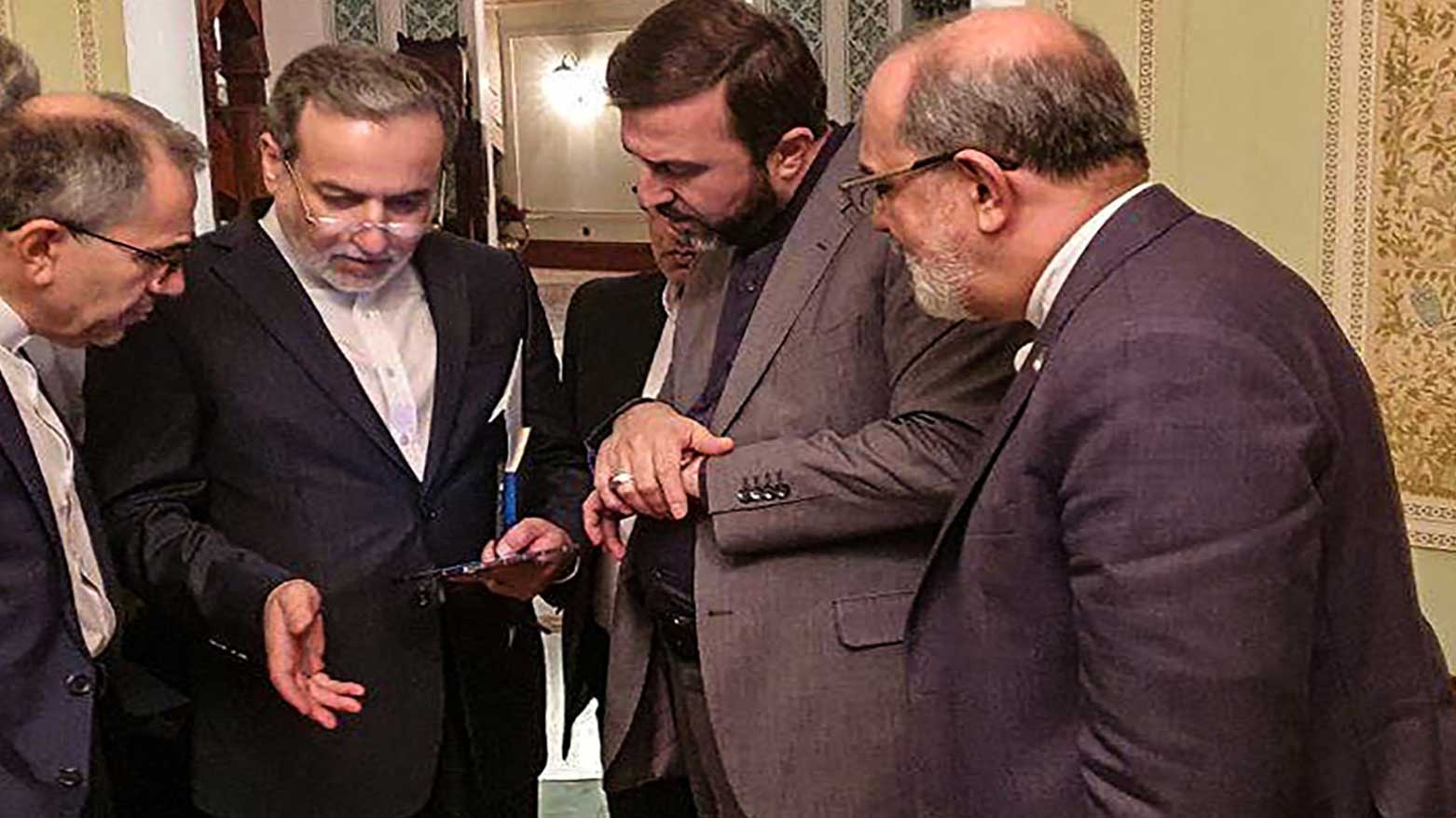Iran’s Revolutionary Guards Draw Line Ahead of US Talks: Military Capabilities ‘Not Up for Negotiation’
This directly contradicts Trump’s policy, which in both terms has prioritized curbing Iran’s missile program and regional influence as key to any future deal.

ERBIL (Kurdistan24) — As Iran and the United States prepare for a second round of "direct" negotiations over Tehran’s nuclear program, Iran’s powerful Islamic Revolutionary Guard Corps (IRGC) has made it clear that the country’s military capabilities are non-negotiable. On Tuesday, a senior IRGC spokesperson said Iran’s defense and military power remain "red lines" that are off limits in any diplomatic discussions.
“National security, defense, and military power are among the red lines of the Islamic Republic of Iran, which cannot be discussed or negotiated under any circumstances,” said IRGC spokesman Ali Mohammad Naini, as quoted by the state-run Islamic Republic of Iran Broadcasting (IRIB).
His remarks come amid heightened international attention on the "direct" talks between Washington and Tehran, which are expected to resume soon in Oman, following earlier consultations in Rome.
The IRGC's statement underscores the deep mistrust and complex nature of US–Iran diplomacy, particularly regarding Iran's ballistic missile program and regional military activities. The issue of Iran’s military strength, including its drone capabilities and support for proxy groups across the region, has long been a sticking point in nuclear-related talks.
The renewed push for diplomacy comes at a time of heightened tension, as the 2015 Joint Comprehensive Plan of Action (JCPOA)—which once curbed Iran’s nuclear activities in exchange for sanctions relief—has largely unraveled following the U.S. withdrawal in 2018. Since then, Tehran has expanded uranium enrichment and restricted international inspections. While Washington, under President Donald Trump’s second term, has expressed interest in a more comprehensive agreement that not only limits Iran’s nuclear ambitions but also addresses its regional behavior and ballistic missile program, Iranian officials—particularly the Islamic Revolutionary Guard Corps (IRGC)—have drawn a firm line.
The IRGC’s recent remarks underscore Tehran’s long-standing position that its defense and military capabilities are non-negotiable. This directly contradicts Trump’s stated policy, as both in his first and current term, his administration has maintained that Iran’s missile program and regional influence pose a serious threat to Middle East stability and must be central to any future agreement.
Efforts to revive the agreement have stalled repeatedly, but quiet, indirect talks between the US and Iran have resumed in recent months, focused on de-escalation and preventing further nuclear advancement.
By issuing a preemptive statement through the IRGC—a body with significant influence over Iran’s foreign and defense policy—the Iranian leadership is signaling both internal unity and a firm negotiating stance. It remains to be seen whether the talks will yield meaningful progress or further reinforce existing divisions.